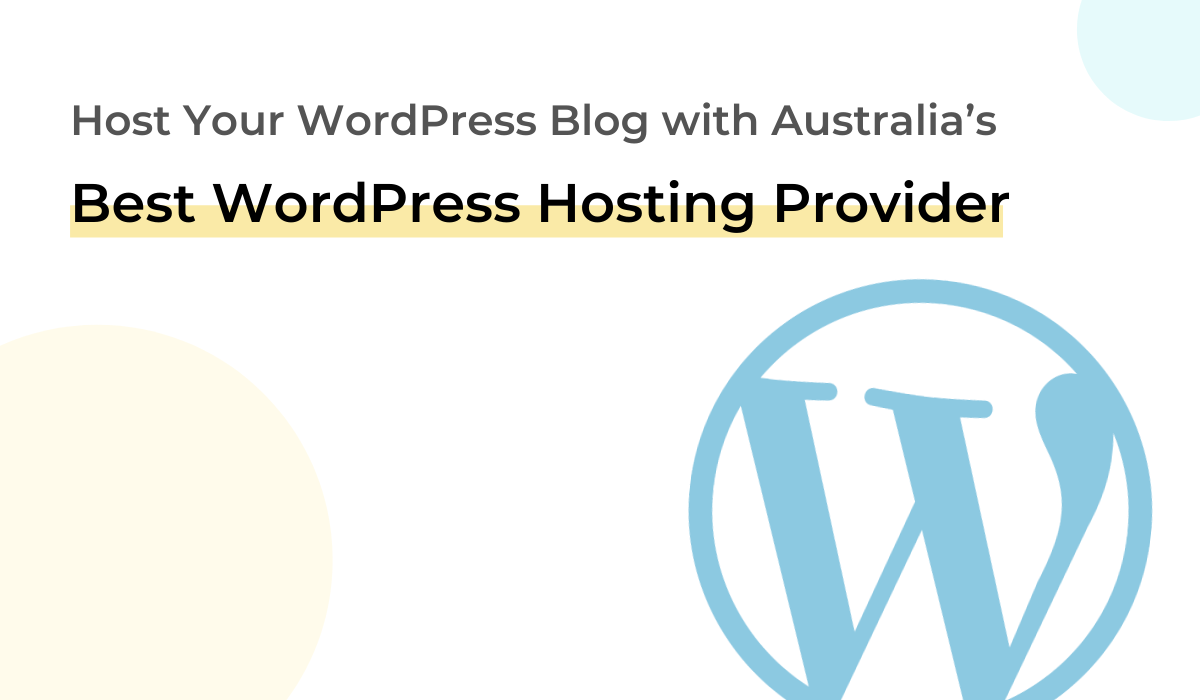When it comes to web hosting, Virtual Private Server (VPS) hosting has become increasingly popular in recent years. In this article, we’ll discuss what VPS hosting is, its benefits, and how it differs from other types of hosting.
What is VPS Hosting?
VPS hosting is a type of web hosting where a physical server is divided into multiple virtual servers. Each virtual server operates independently, as if it were a separate physical server. VPS hosting allows website owners to have more control over their server environment than shared hosting, without the expense of a dedicated server.
Benefits of VPS Hosting
Cost-effective: VPS hosting is less expensive than a dedicated server, but provides many of the same benefits. This makes it an attractive option for small to medium-sized businesses.
Scalability: VPS hosting allows for easy scaling up or down of resources such as RAM, CPU, and disk space. This means that as your website grows, you can easily upgrade your server resources to accommodate increased traffic.
Security: With VPS hosting, each virtual server is isolated from other virtual servers on the same physical server. This makes it more secure than shared hosting, where multiple websites share the same resources and can potentially impact each other’s performance or security.
Customization: VPS hosting allows website owners to customize their server environment to meet their specific needs. This includes installing custom software, setting up specific configurations, and allocating resources as needed.
Reliability: VPS hosting provides a high level of uptime and reliability compared to shared hosting. Because each virtual server is isolated, issues on one virtual server are less likely to impact other virtual servers on the same physical server.
How is VPS Hosting Different from Other Types of Hosting?
- Shared Hosting: Shared hosting is a type of hosting where multiple websites share the same resources on a single server. This is the least expensive option, but also the least secure and customizable.
- Dedicated Hosting: Dedicated hosting is a type of hosting where a physical server is dedicated to a single website. This provides the highest level of control and customization, but is also the most expensive option.
- Cloud Hosting: Cloud hosting is a type of hosting where multiple servers work together to host websites. This provides scalability and redundancy, but can also be more expensive than VPS hosting.
Conclusion
VPS hosting offers a cost-effective, scalable, and customizable hosting option for website owners. With its isolation, security, and reliability benefits, VPS hosting provides a better alternative to shared hosting. It is also less expensive than dedicatedhosting, making it an attractive option for small to medium-sized businesses. However, it is important to consider your specific needs and requirements before choosing a hosting option, as each type of hosting has its own benefits and drawbacks.




